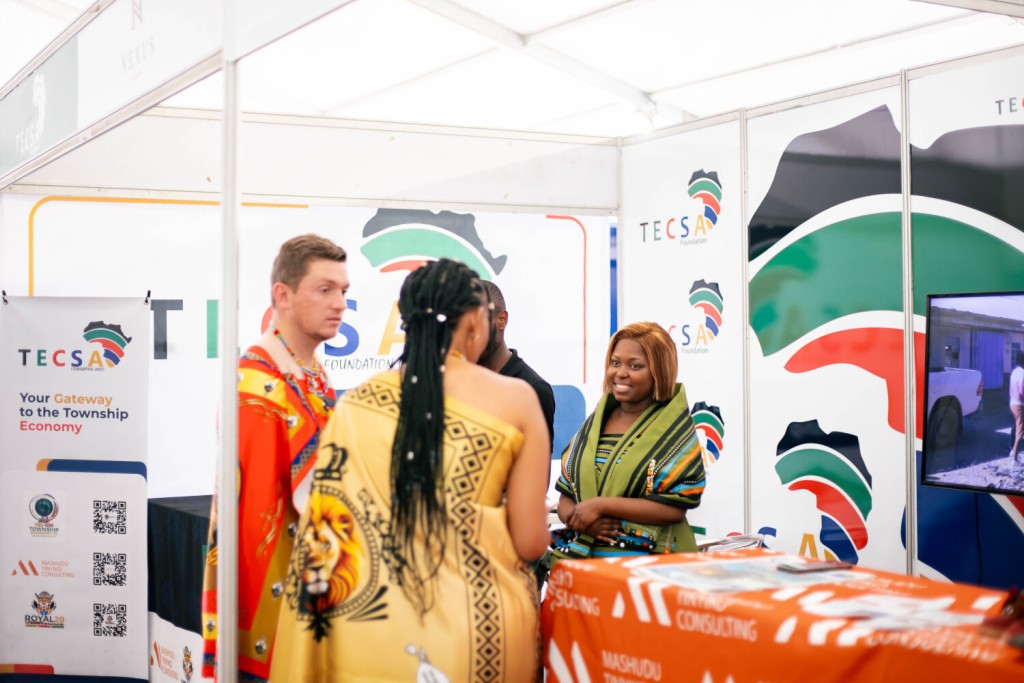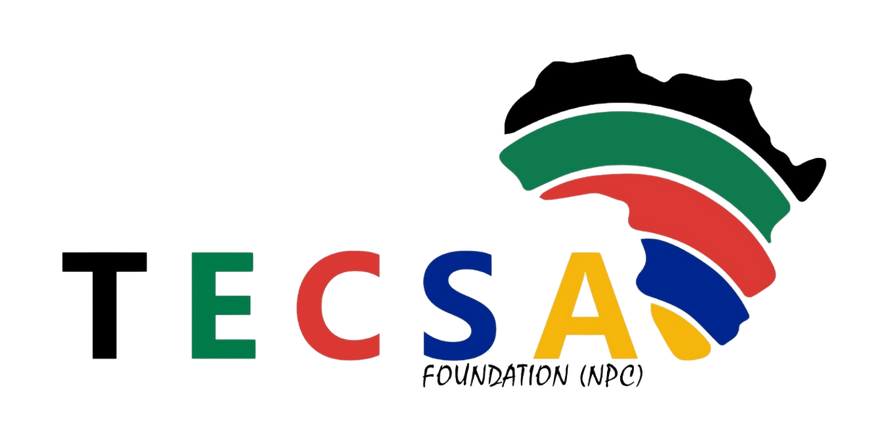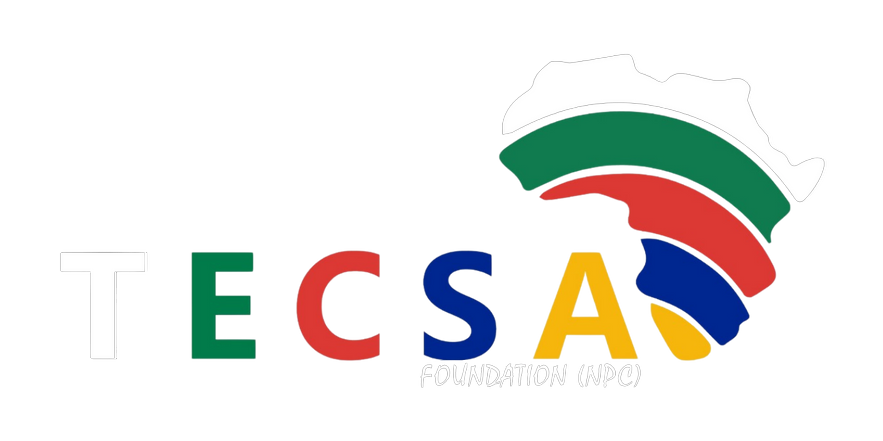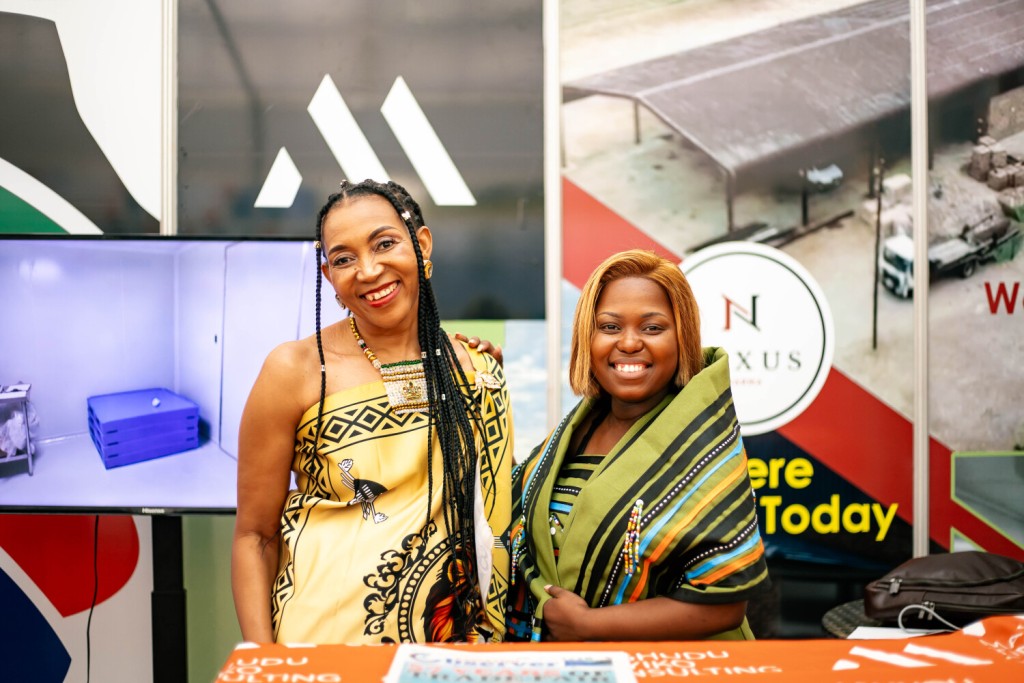The Eswatini International Trade Fair continues to be a vibrant hub of economic discussion and cultural exchange, with the Township Economic Commission of South Africa (TECSA) playing a pivotal role. Demonstrating a deep respect for local customs and a clear vision for pan-African growth, Qhamisa Tengile (CEO of TEC-G20) and Nonhlanhla Nkadimeng (CEO of Mashudu Tinyiko Consulting) have been a prominent presence, proudly dressed in Swati traditional attire. Their appearance underscores TECSA’s commitment to integrating cultural heritage with modern economic development strategies.

Embracing Tradition While Forging Economic Futures
The sight of TECSA’s leadership in traditional Swati dress is more than just a nod to local culture; it embodies TECSA’s philosophy of grounding economic development in the unique heritage of African communities. This approach, as articulated by Nonhlanhla Nkadimeng, CEO of Mashudu Tinyiko Consulting—a key partner of TECSA—is central to fostering growth in townships and rural areas. Their collaboration aims to align economic strategies with traditional governance and cultural values, ensuring that development is both sustainable and relevant to the communities it serves.
A Focus on Local Enterprise and Broader Expansion
Among the many local businesses showcased at the fair is Pansu Investment, owned by Samuel Kumalo. His company, known for its exquisite handmade wooden chopping boards and soaps, represents the kind of grassroots entrepreneurship that TECSA is dedicated to supporting. These local enterprises are the lifeblood of community economies, and their success is integral to TECSA’s overarching mission.
TECSA’s ambition, however, extends far beyond local support. As previously highlighted by TECSA’s representative, Kamising, the organization’s core mandate is to uplift township and rural economies. This involves a strategic approach to learning from and contributing to the development of nations like Eswatini, a country recognized for its royalty-guided progress. TECSA’s leadership is scheduled to meet with King Mswati III to discuss potential collaborations in critical sectors such as infrastructure, digitalization, and entrepreneurship. This engagement signifies TECSA’s commitment to comprehensive national development.
Furthermore, TECSA is actively pursuing its vision of transforming from a South Africa-based entity into a truly global organization, with a strategic priority on expanding its influence and operations across the entire African continent.
Strategic Partnerships for Holistic Growth
The strength of TECSA’s mission is amplified by its robust network of partners. Beyond Mashudu Tinyiko Consulting, the organization collaborates with entities like Nexus Pharma and Financeium, creating a comprehensive ecosystem designed to provide multi-faceted support to emerging economies. A particularly powerful alliance is with the Royal 20, a significant union of African royal houses and leaders. This partnership underscores TECSA’s understanding that effective and sustainable development in Africa often necessitates engagement with traditional leadership and local wisdom.
What’s Happening Today at the Fair?
Given the ongoing momentum, today at the Eswatini International Trade Fair, we can anticipate further advancements in TECSA’s agenda. With Qhamisa Tengile and Nonhlanhla Nkadimeng actively present, discussions likely continue around the specifics of their partnerships and the implementation of economic development initiatives.
It is probable that today will see more detailed engagements with potential partners and investors interested in TECSA’s model for empowering rural and township economies. There may be further presentations or workshops focusing on the practical application of their strategies, particularly in areas like sustainable agriculture, technology integration for small businesses, and access to financial resources. The presence of TECSA’s leadership in traditional attire also suggests ongoing cultural exchanges and reaffirmations of their commitment to culturally sensitive development.
The highly anticipated meeting with King Mswati III may also be on the horizon or perhaps even underway, marking a critical step in formalizing TECSA’s role in Eswatini’s national development plans. As the fair progresses, TECSA is undoubtedly using every opportunity to solidify its partnerships and propel its ambitious pan-African economic vision forward.







